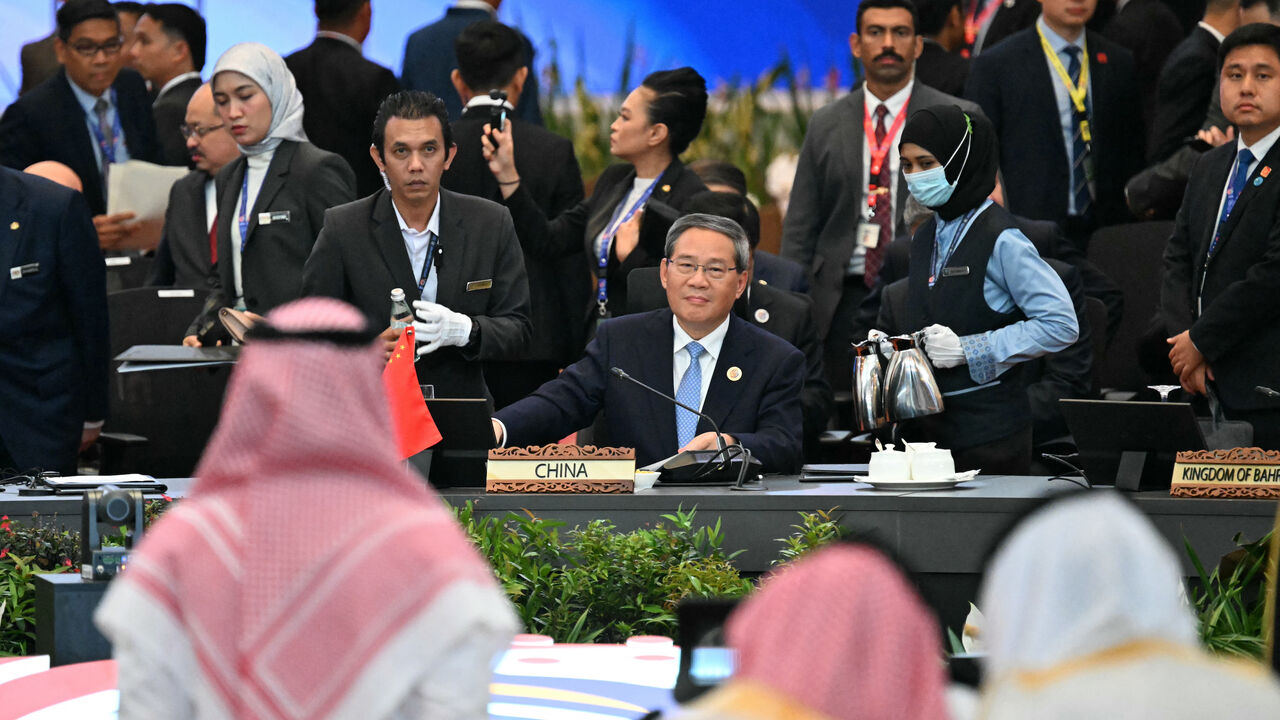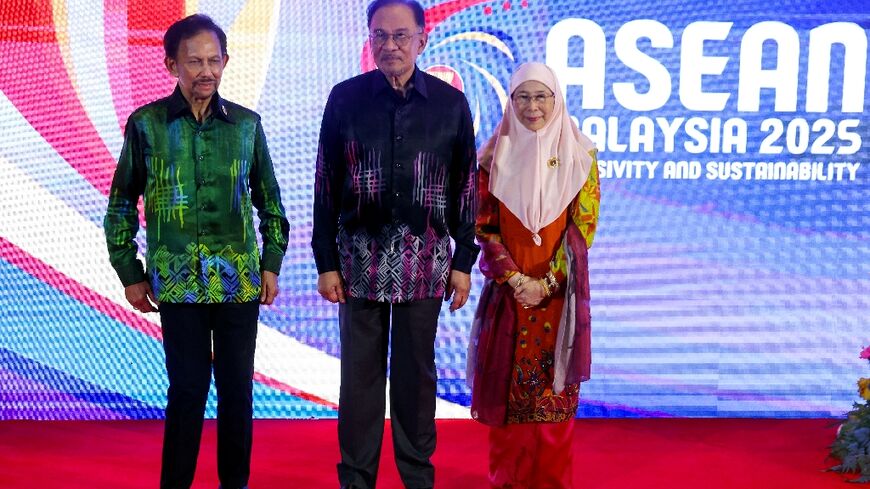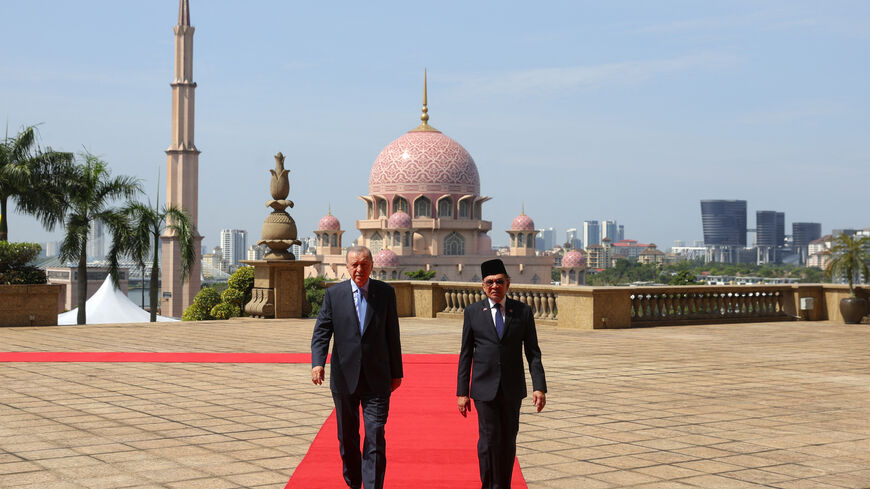China expands visa-free policy to Saudi Arabia, Oman, Bahrain, Kuwait
During a landmark summit in Malaysia, China announced an exemption for nationals from Saudi Arabia, Oman, Bahrain and Kuwait from the need for entry visas.

China announced on Wednesday it would exempt nationals from Saudi Arabia, Oman, Kuwait and Bahrain from needing entry visas starting next month, expanding visa-free coverage to all states in the Gulf Cooperation Council following a similar move with the United Arab Emirates and Qatar back in 2018.
What happened: The new visa-free policy will be implemented from June 9, 2025, to June 8, 2026, on a trial basis for passport holders from these four Gulf countries, allowing them to stay in China for up to 30 days for business, tourism, family visits, exchanges and transit purposes, Chinese Foreign Ministry spokesperson Mao Ning told a daily press briefing.
Asked about the decision made during a three-way summit between the GCC, the Association of Southeast Asian Nations (ASEAN) and China in Malaysia on Tuesday, Mao said the move aims to facilitate more cross-border travel.
“Other GCC member states — the UAE and Qatar — also enjoy comprehensive mutual visa exemption with China starting from 2018. China has given visa-free status to all GCC countries,” she added.
“We welcome more friends from GCC countries to visit China anytime,” she added.
It remains unclear if the four countries will adopt a similar system for Chinese passport holders. Saudi Arabia, Oman, Kuwait and Bahrain still require entry visas for Chinese nationals for stays of duration that vary by country: up to 90 days in Saudi Arabia and Kuwait and up to 30 days in Oman and Bahrain.
However, Bahrain allows China's diplomatic or state passport holders to stay in the country without a visa for a 90-day period.
In 2018, China signed two separate visa exemption agreements with the UAE and Qatar, allowing nationals from these two countries to enter without a visa and stay for up to 30 days.
Background: Leaders from the GCC countries, ASEAN members and China convened in Kuala Lumpur on Tuesday for a landmark summit aimed at bolstering economic cooperation against the background of the Trump administration’s tariff hikes.
In a joint statement released on Wednesday, the three parties reiterated their commitment to enhance economic cooperation. The statement stressed “the importance of GCC’s critical role to foster peace, security, stability, development, prosperity and dialogue,” and praised “China’s crucial role in promoting peace, stability, prosperity and sustainable development in regional and international affairs.”
The GCC, comprising Bahrain, Kuwait, Oman, Qatar, Saudi Arabia and the United Arab Emirates, and ASEAN members Indonesia, Singapore, Malaysia, Thailand, Vietnam, Philippines, Brunei, Cambodia, Laos and Myanmar held their first summit in Riyadh in October 2023. China joined the forum this year as Beijing emerges as a key economic partner for both regional blocs.
Why it matters: China remains the GCC’s top trading partner, with commodity trade between the two totaling $297.9 billion in 2023 — almost double the $150.4 billion recorded with India, the GCC’s second-largest trading partner, during that same period, according to a Foreign Trade Report issued by the Statistical Center for the Cooperation Council for the Arab Countries of the Gulf in January.
Gulf exports to China reached $158.3 billion in 2023, making Beijing the largest importer of Gulf commodities, per the same report.
Meanwhile, GCC countries exported 4.06 million barrels per day of crude oil to China in 2023, accounting for 36% of Beijing’s total crude oil imports that year, data from UN Comtrade showed.







